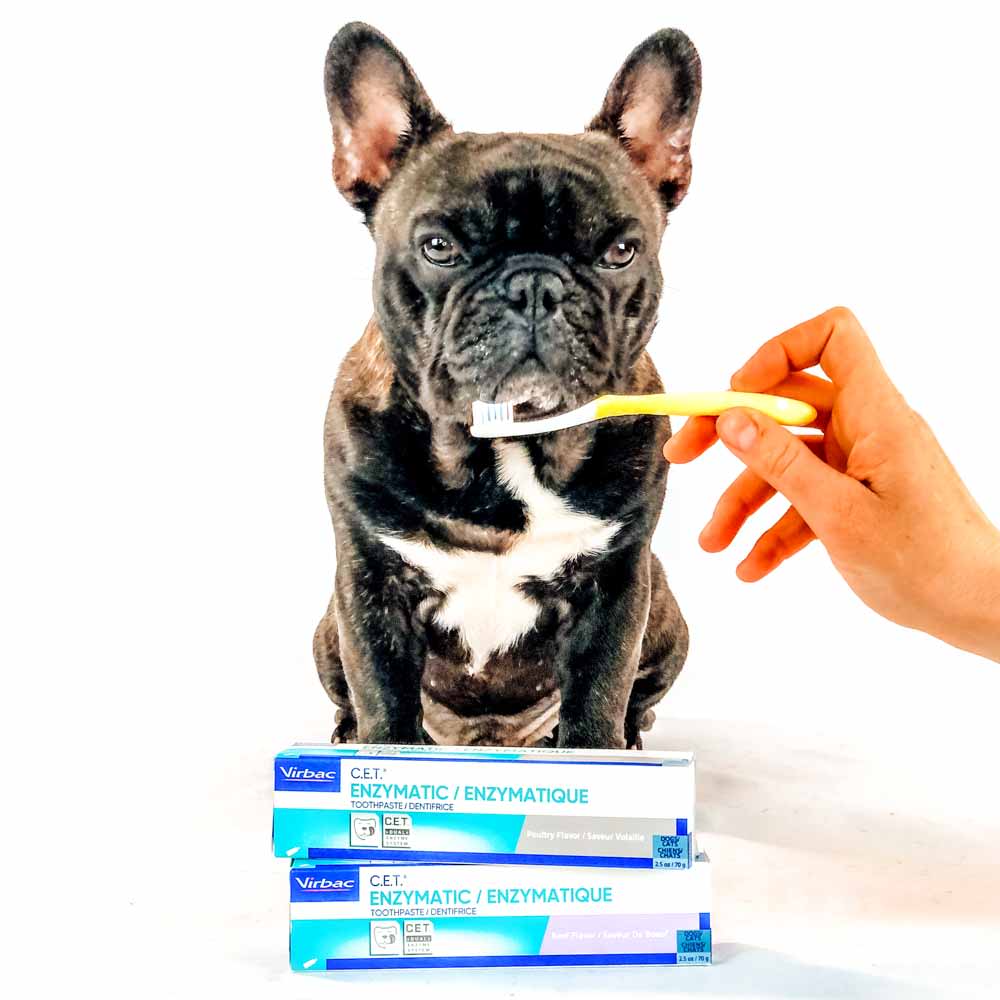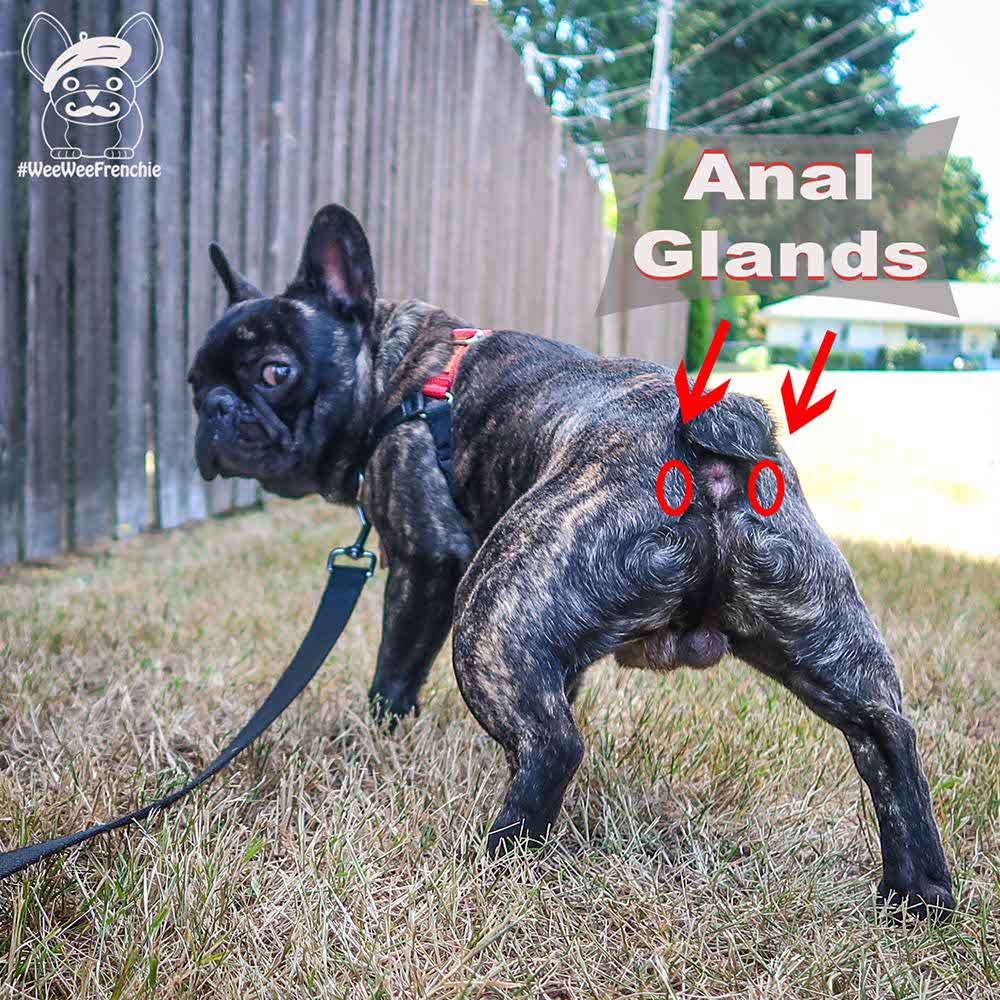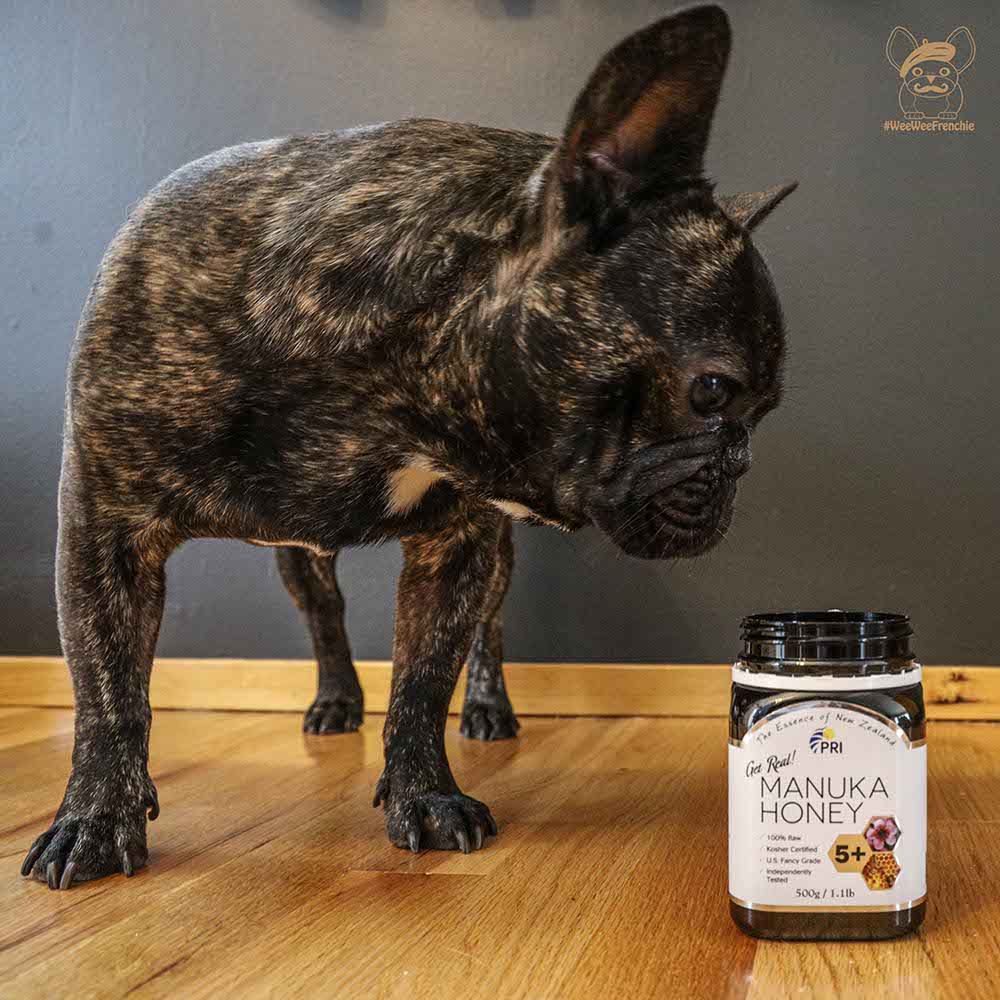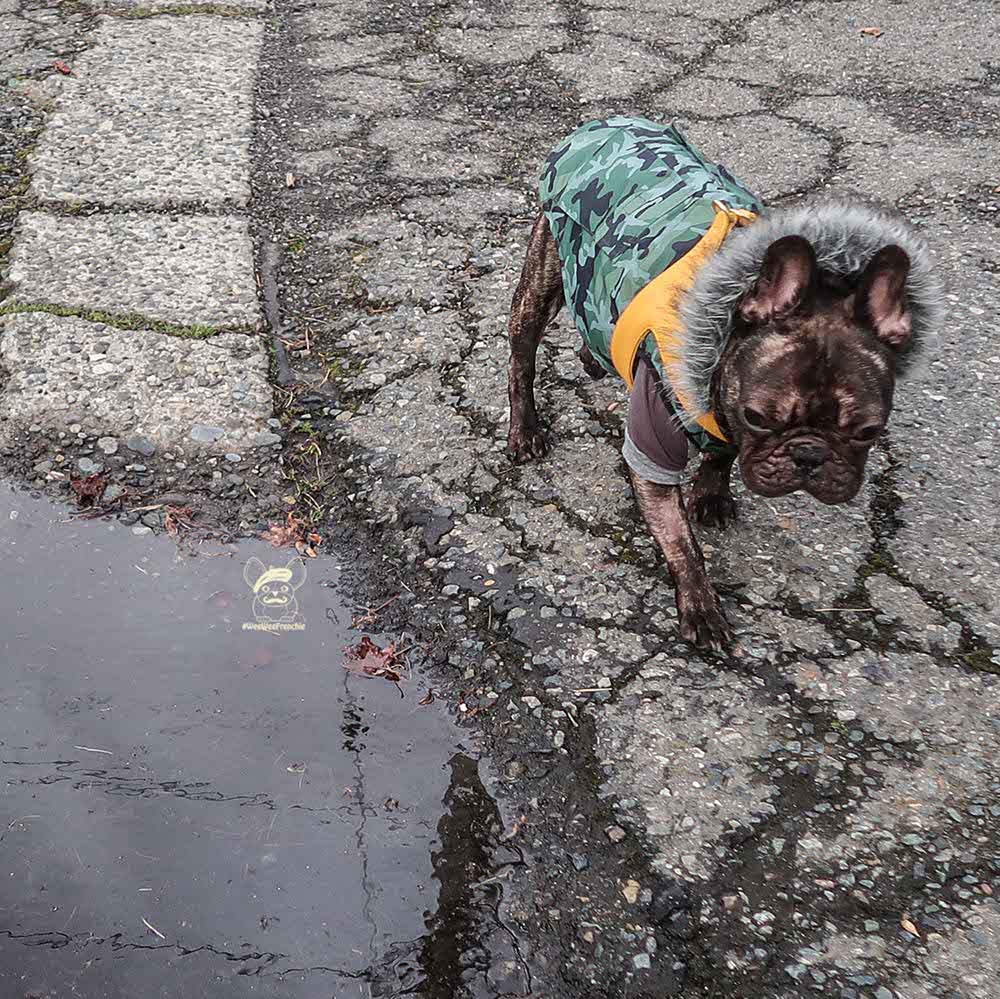How to Keep Your Pup Safe in The Sun
Sun protection is just as important for our animals as it is for humans. Ultraviolent (UV) rays can damage, irritate, and inflame the skin, which can be painful for your pooch. Some pups are more susceptible to sun damage than others, and this is what you you need to know.
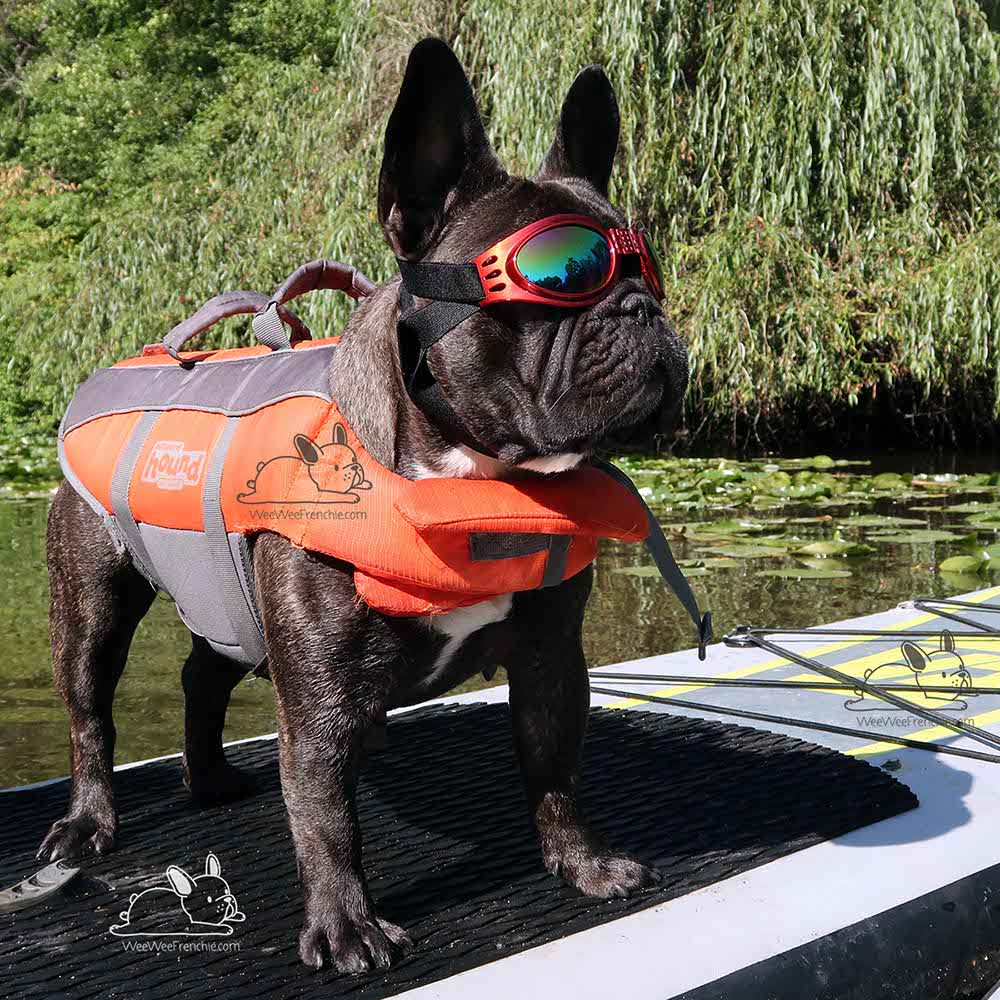
1) Color matters
If you have a dog that is lighter in color, like white or tan, they can be more susceptible to sunburns.
2) Dog's health
Canines who are suffering from allergies (food or environmental) may have bald spots, which offers no protection against the sun's damaging UV rays. Also, if a canine already has inflamed or irritated skin from another ailment, there is little to no protection against the UV rays due to a damaged skin barrier. Dogs can have sensitive skin if they are on chemotherapy, immunosuppressants or even certain antibiotics, which could cause a sunburn in a shorter period of time.
3) Water fanatic
If your dog loves to play in the water, it may be hard to get your pup to take a break in the shade to limit exposure to the sun's rays.
For the majority of dogs, they will not need additional sun protection because their fur is a natural sun protectant; however, if your dog loves to lay in the sun and meets any of the criteria discussed above, then a canine-friendly sunscreen may be needed to keep your dog safe from UV rays.
Sunscreens are not created equal, and the ingredients should be reviewed when evaluating a dog friendly sunscreen Certain ingredients may not be toxic to a human but could be harmful to a dog, mainly because of their smaller size and their potential to lick their skin. Try to buy sunscreens that are formulated for dogs and include all-natural ingredients.
Even if a product is all-natural, it can be toxic to a dog. Zinc can be potentially harmful to a dog due to toxicity in larger amounts. There are several sunscreens on the market that contain zinc due to its ability to create a skin barrier and prevent absorption of sun rays. Try to stick to products that contain natural herbs or oils such as: coconut oil, sunflower oil, green tea or aloe.
Always test a small area of skin before rubbing a new sunscreen product all over the body. If any redness, inflammation, or itching occurs, your dog could have an allergy to one of the ingredients. Limit application to areas that are bald or sparsely covered with fur, and if the skin is cracked or irritated, it may be better to limit all sun exposure until your dog's skin is healed.
If your pup is a sun-worshipper, limit time in the sun to fifteen minutes or less. Take regular breaks in the shade, and keep cool with a mini-pool or garden hose. Make sure to have a water bowl accessible for your dog, and do not go outside between 10 AM - 4 PM when the sun rays are the strongest. Even if it is a cloudy day, UV rays can penetrate clouds, which could be harmful to your dog. Always exercise caution and watch for warning signs that your dog is too hot, tired, dehydrated or sunburned.
Most Frenchies would not be able to tolerate the sun for too long due to their potential to overheat easily. Caution should always be exercised when bringing a Frenchie into the sun for a fun day with family and friends. It is often easy to overlook the warning signs of overheating, sunburn, or even exhaustion, because our animals will do everything to impress us and gain our love; however, they cannot always speak up when something is wrong. We love our furry friends and want to take them everywhere but always make sure to put their health and safety first, especially when they will have time in the sun.
For more great information about "natural and safe" canine sunscreens and how to make your own natural sunscreen, make sure to visit the following sites:
** 4 Reasons Why Your Dog Might Need Sunscreen by Rita Hogan

